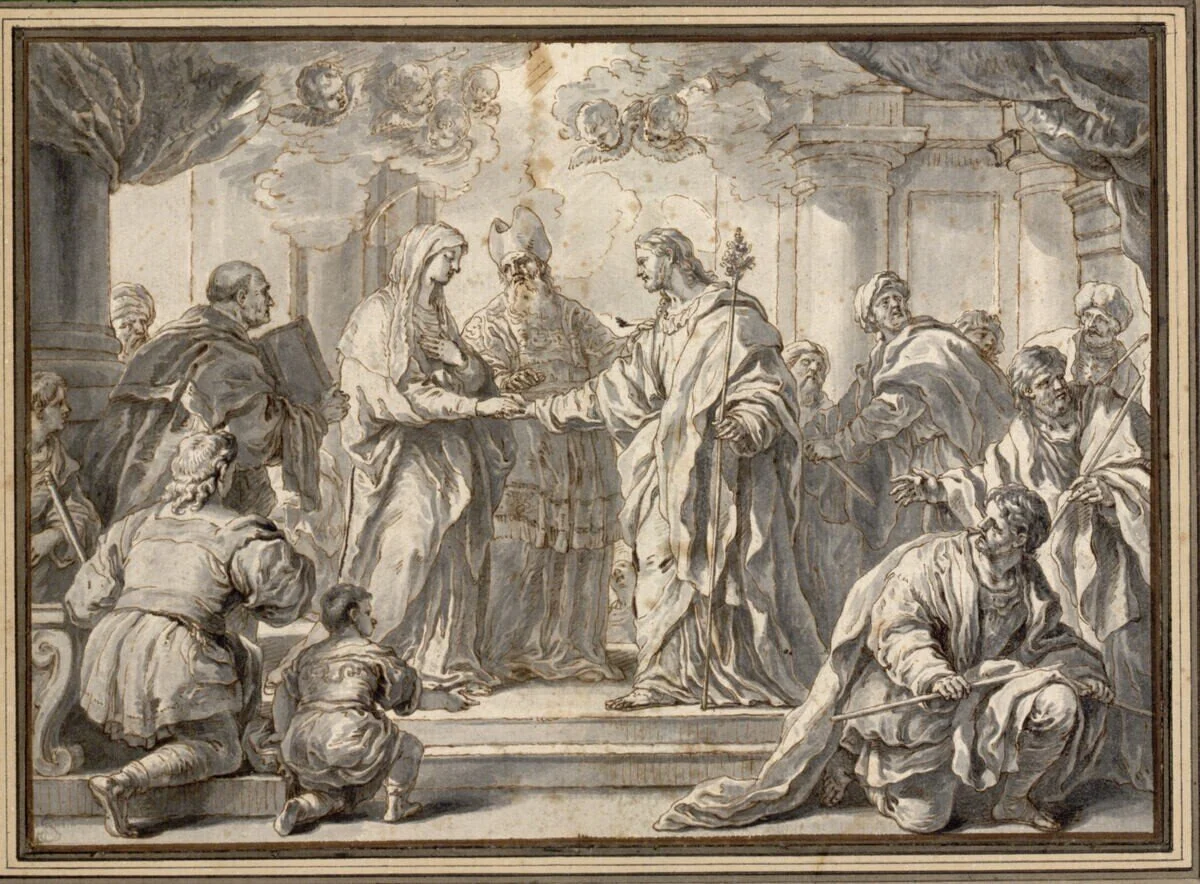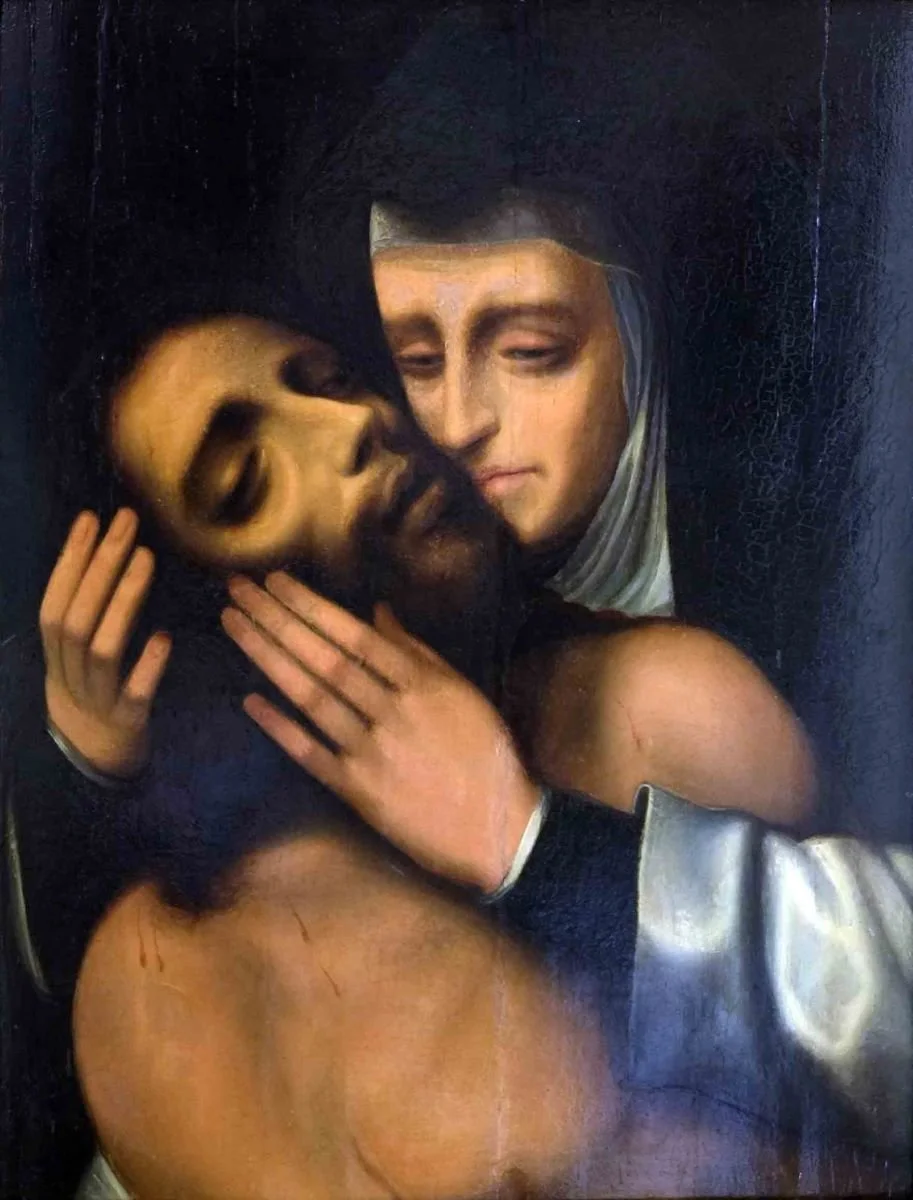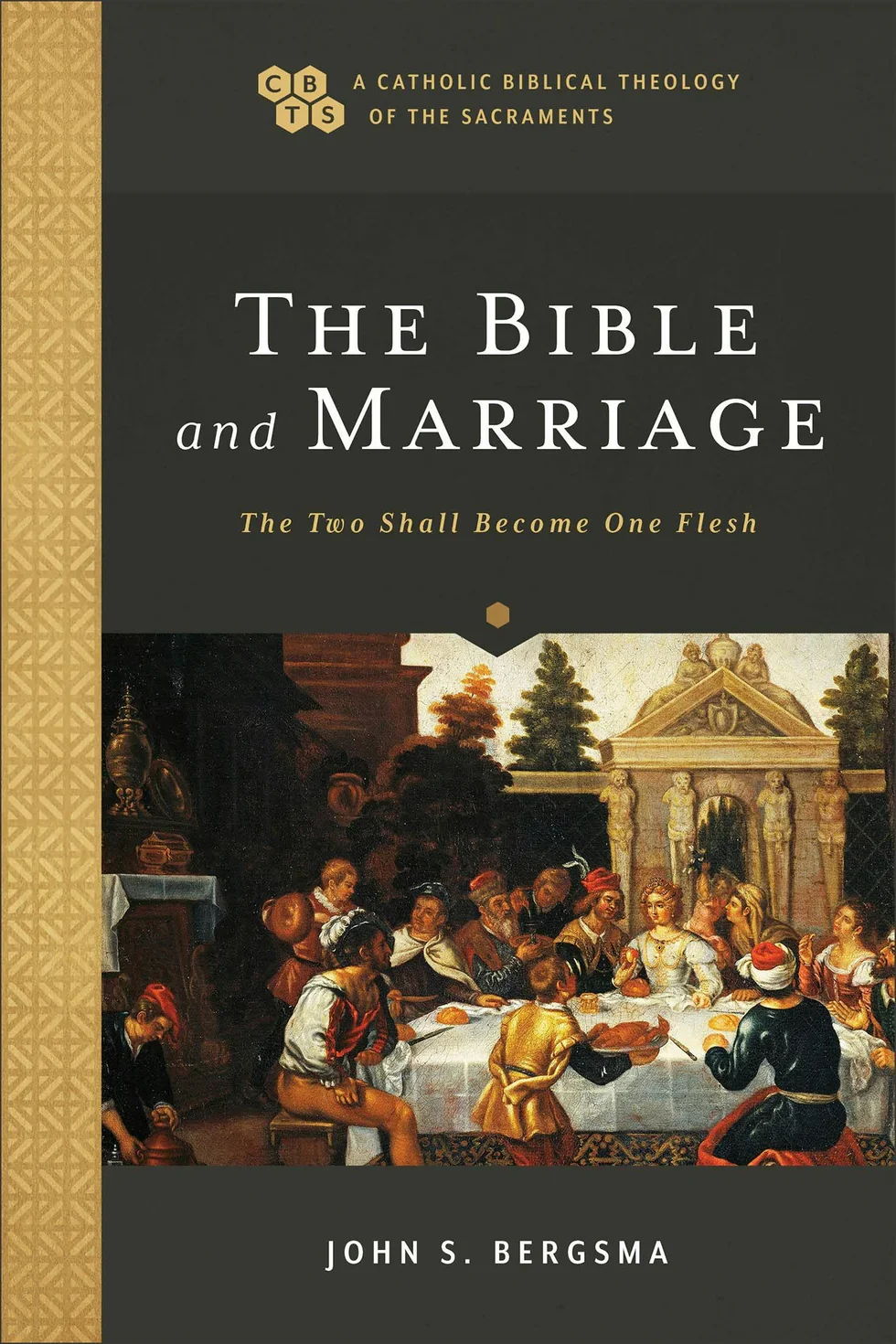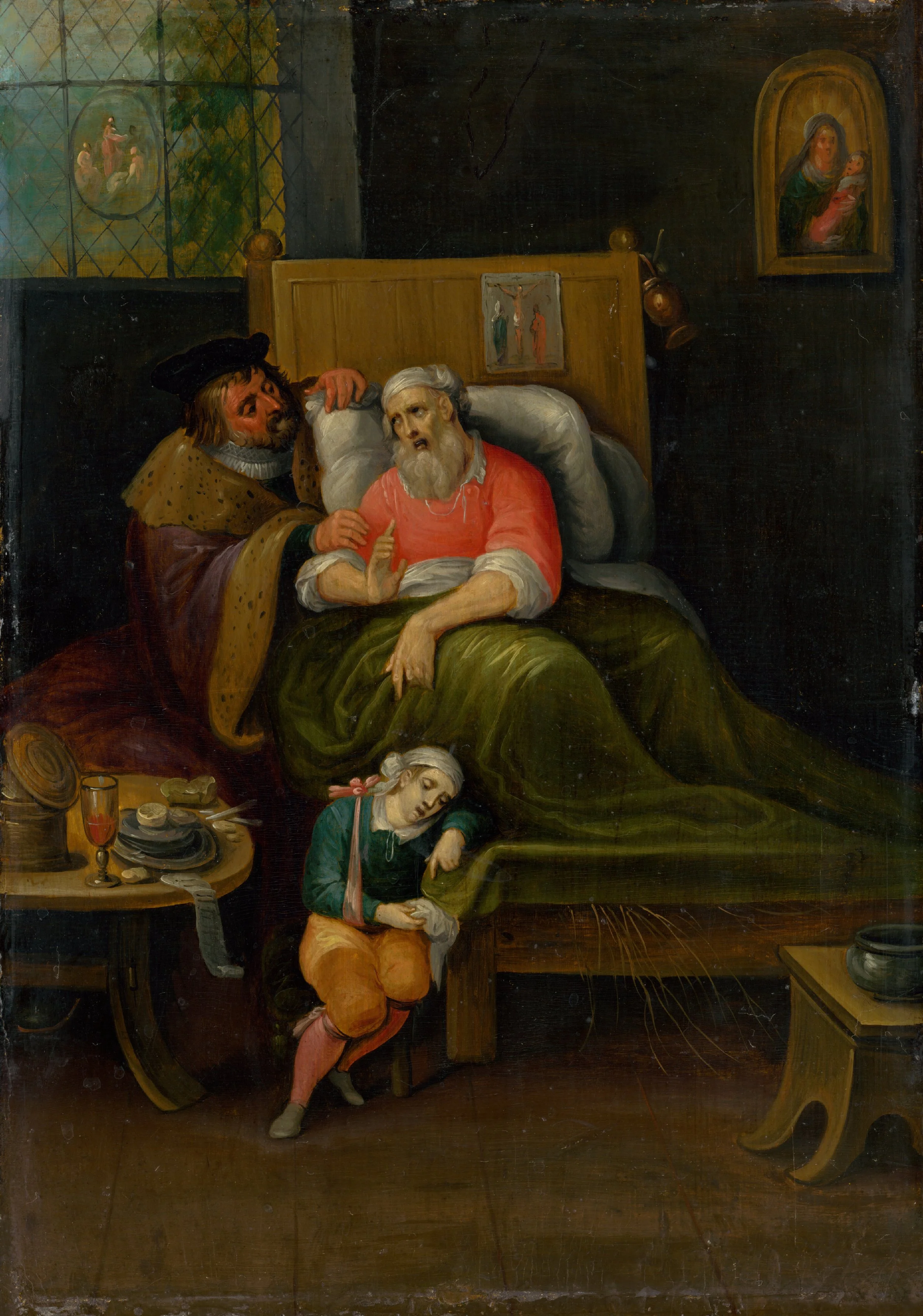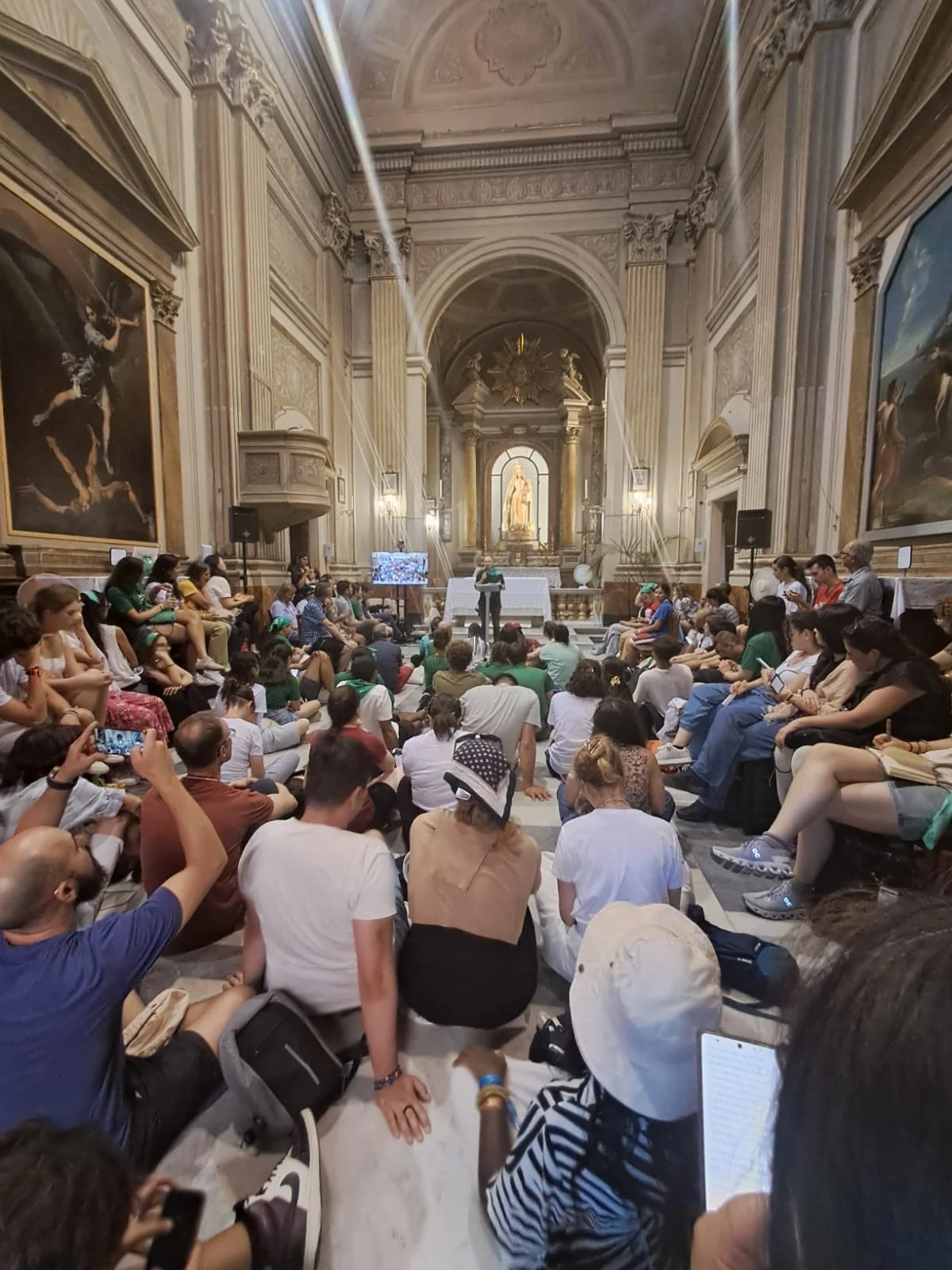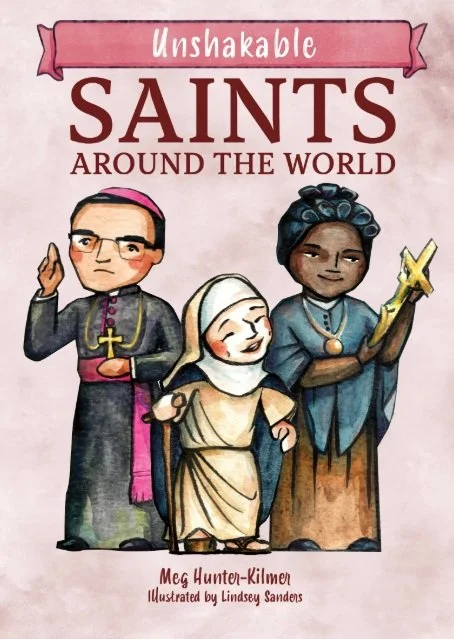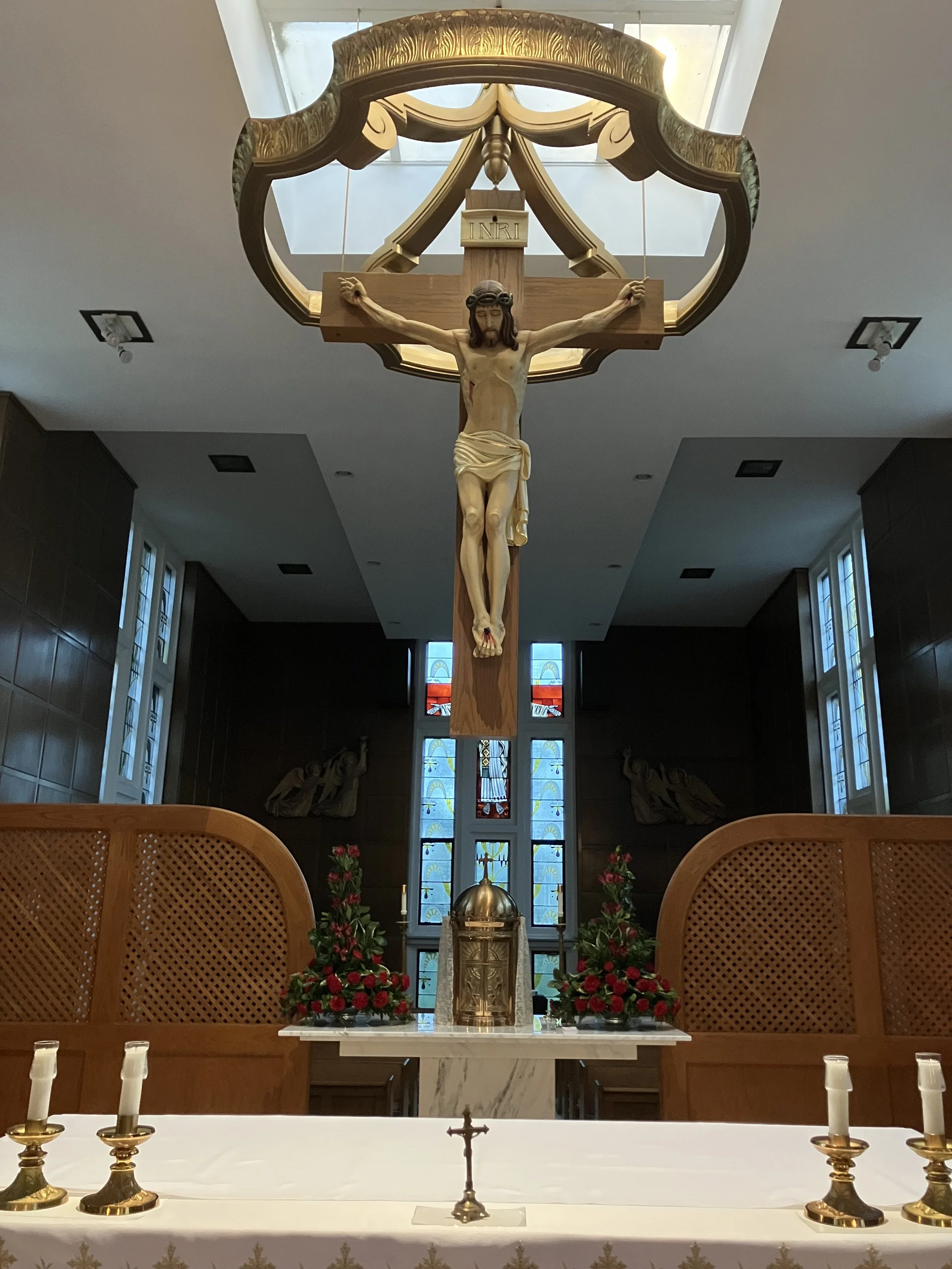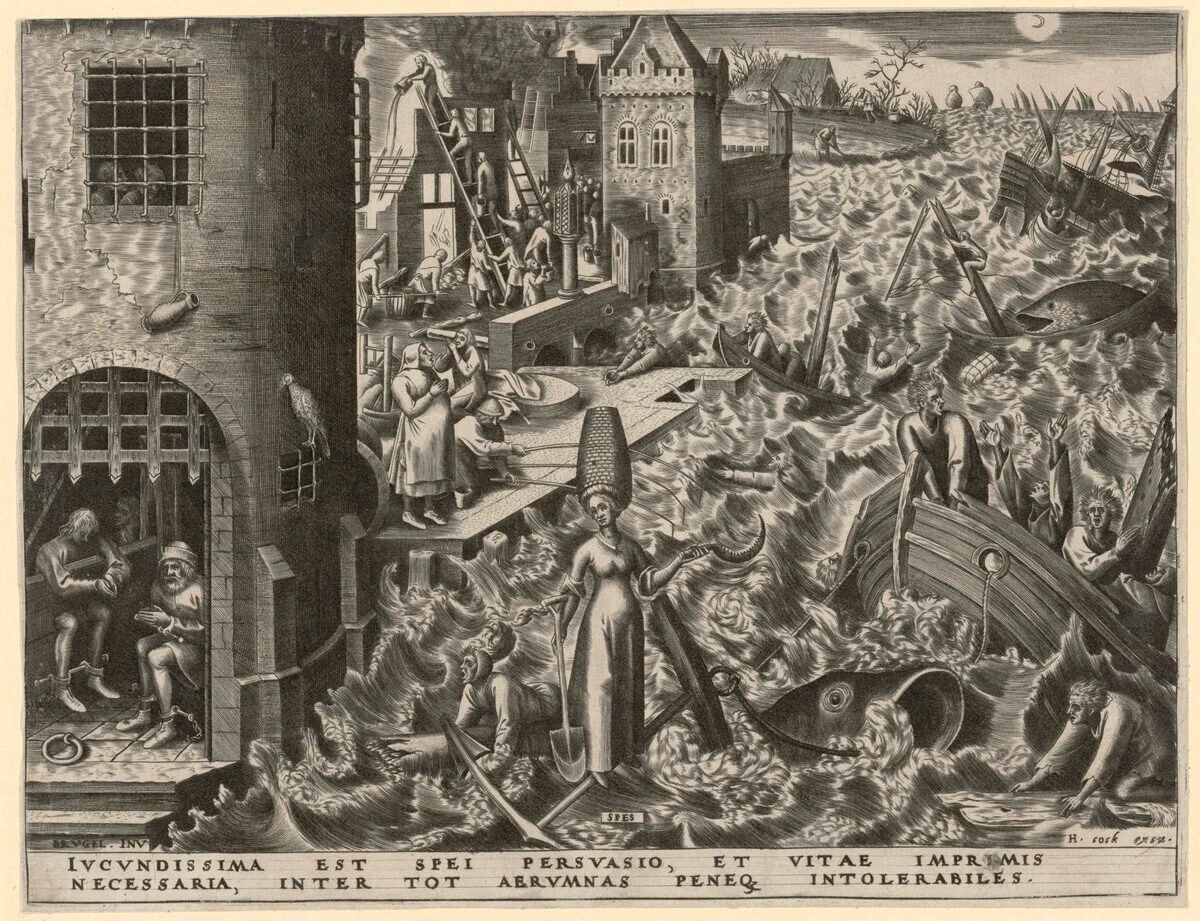
Life-Giving Wounds Blog
Poetry | Art | Music | Blog Search Index
Welcome to the Life-Giving Wounds blog!
Our blog annually releases 30+ posts. We already feature 170+ posts from 60+ authors, who are adult children of divorce themselves, experts in psychology or healing, or both, writing from the Catholic perspective as an expression of their journey of faith and healing. We invite you to browse our library or, if you’re looking for something specific, hop over to our index page where you can find a complete list of categories, tags, and authors. The index also has a search function and a complete list of blog posts arranged chronologically.
Want to get the latest blog post in your email inbox? Sign up for our newsletter (and choose "blog posts" from among the newsletter options) and you will automatically get it.
P.S. Want to write for us? Drop us a line!
FEATURED
LATEST BLOGS
Dating as an ACOD and as a 32 Year Old Hopeful
I had a priest friend of mine walk up to me and say “I’ve been praying for your future husband!” Immediately, I started to tear up. “Don’t do that. You are wasting your time,” I snapped. The sentiment meant so much to me, but I was struggling in that moment with my desire. The path to get there has not been easy, making it feel utterly impossible at times.
Having a Devotion to Our Lady of Sorrows as an ACOD
The Seven Sorrows Rosary is a chaplet prayer that commemorates the seven sorrows of Mary. Each sequence on a seven sorrows rosary has seven beads instead of ten, and there are seven sets of beads... Throughout the devotion we meditate on the maternal sorrows and sufferings of Mary that she lived through as the Mother of God. This is a devotion that I would highly recommend as an ACOD.
Book Review: The Bible and Marriage: The Two Shall Become One Flesh by Dr. John Bergsma
Bergsma’s [book] ... for an adult child of divorce ... is like life-giving water for a parched soul. For me, it offers a healing lens to view marriage, not through the brokenness I witnessed growing up, but through the understanding of God’s original design as revealed in His Word. In reading this book, I found not only clarity, but also hope...
When Music Heals the Heart
This Fall, I have been reflecting on two works that embody this mystery: Mahler’s Titan Symphony No. 1 and Duruflé’s Requiem. On the surface, one is a grand orchestral symphony and the other a prayer for the dead. Yet both works enter into the depths of grief and mercy, showing us how music can transform wounds into beauty.
Restoring My Attachment to the Father
Eventually, I found myself at a Blessed is She retreat in which Father John Burns shared a stunning Scriptural message of our Heavenly Father’s love…. Receiving the words he spoke proved to be a pivotal moment in my life.
Encouragement for Adult Children of Divorce Caring for a Sick Parent
...there are certain situations that can re-open past wounds and bring old pain back to the surface. Taking care of my father in his illness is one such situation. ... my father is facing Lewy Body Dementia in a nursing home. He’s been battling this disease for about eight years, and I have gathered a few insights along the way that I would like to share.
Standing on Tiptoe: A Recap of My Pilgrimage to the Youth Jubilee in Rome
In these recent days, I have been in Rome for Youth Jubilee events as part of the 2025 Jubilee Year of Hope. Since 2019, I have come to Rome on pilgrimage once a year, but this year I was compelled to time my trip for the Youth Jubilee for a special reason: it was precisely in our childhood that our parents’ divorce affected us (ontologically, if not also chronologically).
Unshakable
...I was excited to receive a request from Life Giving Wounds to write a book review for Unshakable Saints Around the World... Since I had received so much healing from children’s books already, it made sense to me that a children’s book of Saints would be wonderful for ACODs, both for personal healing, as well as it means for sharing that healing with the children in our lives.
Torn Asunder: Union with Jesus Crucified as a Child of Divorce
As children of divorce, we did not choose our parents’ separation in the way that a missionary volunteers to go on mission. However, if we choose to embrace our union with Jesus in being torn asunder, then we can begin to experience “the pain of that separation” as a kind of “personal vocation.” In union with Jesus crucified, the pain of being torn asunder can be transfigured.
Thank You for Giving Me Hope
The source that kept appearing when I would search for answers was Life-Giving Wounds’ blog. …As I began to read Life-Giving Wounds’ articles about the sacrament of matrimony, honoring parents, redemptive suffering, growing in virtue, relatable saints, vocations, the difference between forgiveness and reconciliation, and more … hope welled up and newfound admiration was stirred in me for the Catholic Church’s firm anthropology and theology of marriage and family.
A Birthday Letter to Myself
This year, on my own birthday, I was inspired to write such a letter to myself! The past year has been one of immense suffering as well as immense growth. The two so often go hand in hand. I have written letters to myself before, mostly to my younger self. This was a new journaling endeavor, and one I found to be quite powerful. I wanted to share this letter with the LGW community in the hopes that someone else might be encouraged by parts of my own story or perhaps even be inspired to write such a letter to their own self.
Redemptive Suffering and Resurrection Joy
Our suffering—our wounds—are now no longer meaningless or purely negative; they are also sources of grace and points of intimacy with God. Christ is waiting in our wounds, to show us His particular love for us, in wounds that only He and I share. “The Sacred Heart desires other hearts that are pierced by suffering that he can pour himself into.” (Jacques Philipe, Time for God) In my particular vocation, I am married to Christ, and he is my suffering Spouse. He is nailed to one side of the Cross and I am nailed to the other. That cross in our marriage bed. But this can apply to all souls, because we are all called to union with Christ and have unique wounds that we only share with Christ.
Introduction to the Temperaments and Their Importance for Healing and Thriving as ACODS
Temperament is the science of how we tend to react. Some people tend to react quickly and intensely. Others react slowly and not intensely. For some people, their reactions are long-lived; others easily let go. Some forgive and forget; others hold on for decades. Some love to immediately take charge, while others just want to fit in and go with the flow. These temperament differences impact (but need not determine) our emotional lives, relationships and our spiritual lives.
Ministering to Teens with Divorced Parents: Some Unique Challenges and Guidance
There are some unique challenges when it comes to ministering to teens from broken homes. Of course, any ongoing situations of abuse or harm must be reported to appropriate authorities—make sure your church or group has mandatory reporting and training in place to keep minors safe! However, there are many layers of the divorce wound that may not be the kind of thing you can or should report to Child Protective Services (CPS). In these cases, awareness and practical pastoral guidance for these teens is best. Below, I want to outline some of the unique challenges faced by teen children of divorce or separation (TCODs):
Institute on Religious Life’s InnerView with Dr. Jill Verschaetse
Two key things to remember in working with candidates who are children of divorce are to avoid the extremes and to discern each situation individually. Communities should neither overly fear the effects of divorce on potential members nor gloss over this fact and fail to see the lasting impact it can have (despite the possibility of the person themselves being unaware of its effects). It is often the case that the repercussions of divorce do not surface until young adulthood or the beginning of more intimate relationships. Hence, younger candidates are often able to present well if these issues have not yet manifested. Nevertheless, simply being a child of divorce should not disqualify one from a vocation to the religious life. Rather, each situation should be discerned individually with an eye to the person's understanding of the effect it has had on them personally, their prior healing work, their present manner of being in close relationships, and their openness to further healing efforts should issues arise in the future.
5 Things I Learned About Loving My Parents As an ACOD During Lent
However, the whole point of Lent is to do things that bring us closer to the heart of Jesus. And, if I want to be free to love someone in the vocation of marriage one day, how will I be able to do that if I am still carrying around resentful anger towards my parents? Do they deserve this reaction? Probably, but God loves them just the same as He loves me. So I embarked on a forty plus day journey of loving my parents through the eyes of Jesus Christ, whose love was so big that He died on the Cross for sins that He did not commit (cf CCC 598).
An ACOD’s perspective on music, healing, and dealing with depression through two Rick Springfield concerts
This past Christmas, like many others before it, was hard. My “difficult” father tends to “act-out” during the holidays to get the attention he craves, and this Christmas was no exception. So, my therapist suggested I do some restorative care to help heal my immediate father wound, and to help me manage my long-term depression: what Rick Springfield calls, “Mr. D.”
I Am Your Father, Too
Though I hid, self-protected and continued to wear the masks that I thought gave me some value, Jesus never stopped seeking the real me underneath. He never abandoned me. All the while, He was patiently working on me, preparing my very calloused and guarded heart to be broken again through the second loss of my dad. But this break would be healing and redemptive, because it would finally let Love Himself enter in. And He came in through another father, His father and now mine – Good St. Joseph. I truly believe everything started with my simple prayer after that providential homily. St. Joseph became the guardian of my healing journey and continues to be my strong and faithful pillar along the way, in both explicit and sometimes hidden ways.
Insights from Attachment Theory for Adult Children of Divorce (Part 4: Attachment to God)
Throughout Scripture, the images and language used to describe God frequently evoke two of the strongest attachment relationships that we can know as human beings—the relationship between a child and a parent, and the relationship between spouses.
Personal Vocation, Personal Healing
Upon entering religious life, I tried to hide in the coping mechanisms that had worked for me growing up, such as people-pleasing and anticipating others’ needs. I desired to please the Lord, could follow community customs and was good at serving others. Not only was I good, but was praised for my attentiveness to the needs of others and my generosity in service. As I continued further in formation, those coping mechanisms started to unravel and the truth of the pain I was in surfaced.

